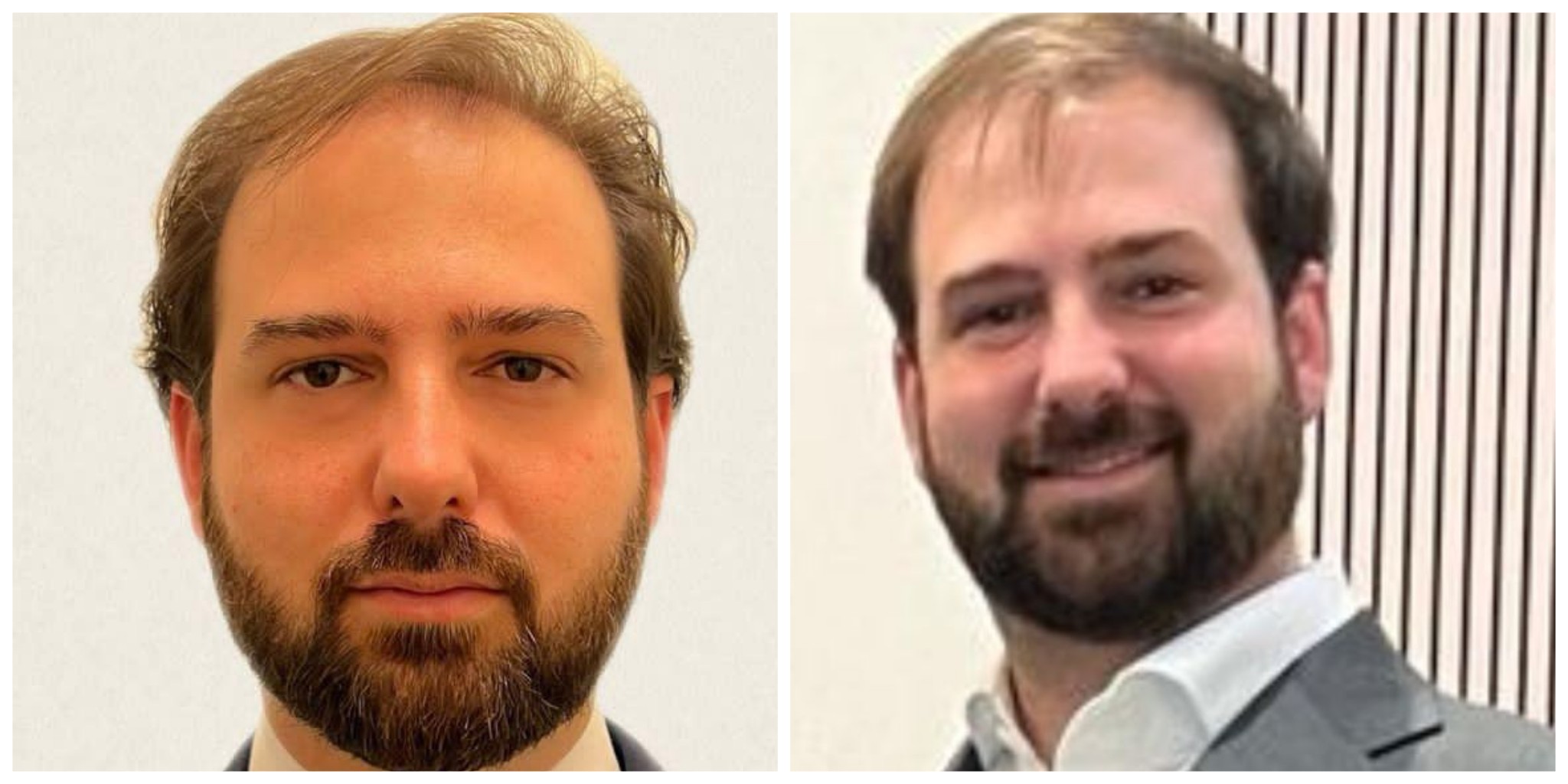
By Michael Charles Esq
Sierra Leone is grappling with an increasing number of young people becoming addicted to a substance known as Kush or K2. Abuse of the drug is killing several young people in the country.
It’s a substance rolled up and smoked like a cigarette or cannabis. But the illegal synthetic drug known as Kush is not to be mistaken with the synonymous marijuana strain. Rising cases in Sierra Leone have shown that the drug is dangerous: After a few puffs, the consumer is left stoned, unable to stand upright. Yet, despite the aftereffects, which include falling, body injuries, and loss of self-esteem, users still search for an opportunity to obtain more. It is no gain saying that the widespread use of Kush is a matter of grave concern in Sierra Leone.
While the term “Kush” is often used as a colloquial name for various strains of cannabis, it has become synonymous with a concerning trend of substance abuse and its associated social, economic, and health repercussions. In my estimation, it is essential to address this issue from a standpoint of social commentary as it reflects broader issues related to substance abuse and public health.
The use of Kush and other drugs often reflects a society that seeks to escape from the realities of life. Many individuals turn to substances as a coping mechanism for stress, anxiety, and depression. Instead of addressing the root causes of these issues, they use Kush to temporarily numb themselves. In the long run, methink, this only perpetuates a cycle of avoidance and prevents personal growth and societal progress.
The legal status of Kush and similar substances varies widely across different regions and countries. In places where it is illegal, like Sierra Leone, the criminalization of drug use has contributed to mass incarceration and this disproportionately impacts marginalized communities. This criminalization does little to address the underlying issues of addiction and often worsens the problems it intends to solve.
The use of Kush, unarguably, has serious public health consequences. It can lead to addiction, impaired cognitive function, lung problems, and even psychiatric disorders. The long-term effects of its usage are not well understood, but the available evidence points to significant health risks. Terrifying it may be, the unregulated market for such substances can lead to exposure to contaminated or adulterated products, further endangering users.
Substance abuse, including the widespread use of Kush, places a substantial economic burden on society. The costs associated with healthcare, addiction treatment, law enforcement, and lost productivity are staggering. These resources could be better allocated to addressing the root causes of addiction and providing social support systems.
Additionally, individuals who fall into the trap of Kush addiction often miss out on opportunities for personal growth, education, and career development. The potential contributions of these individuals to society are stifled, perpetuating cycles of poverty and social inequality.
I am bothered to further state that the use of Kush can strain personal relationships and families. The psychological and behavioral changes that accompany substance abuse often lead to conflict, strained friendships, and broken families, further eroding the social fabric.
Again, the rise of Kush and other similar drugs may be symptomatic of a broader cultural trend toward instant gratification. In a world where we seek immediate relief from life’s challenges, the pursuit of long-term happiness and well-being can be undermined by the desire for quick fixes.
In conclusion, the widespread use of a dangerous drug like Kush is emblematic of larger societal issues. Rather than solely focusing on punitive measures, we must address the underlying causes of substance abuse, including mental health, social support systems, and the broader cultural pressures that push individuals toward such choices. Through education, empathy, and accessible treatment options, we can work towards a society that prioritizes the well-being and potential of its members over the allure of a dangerous escape.





